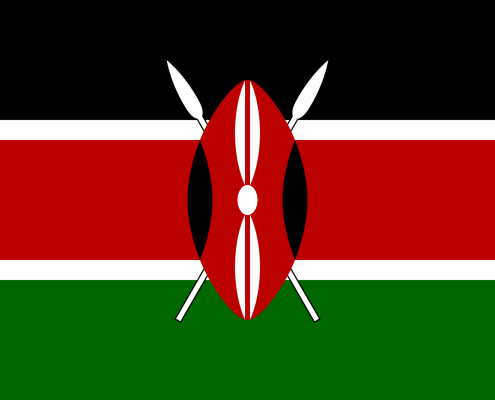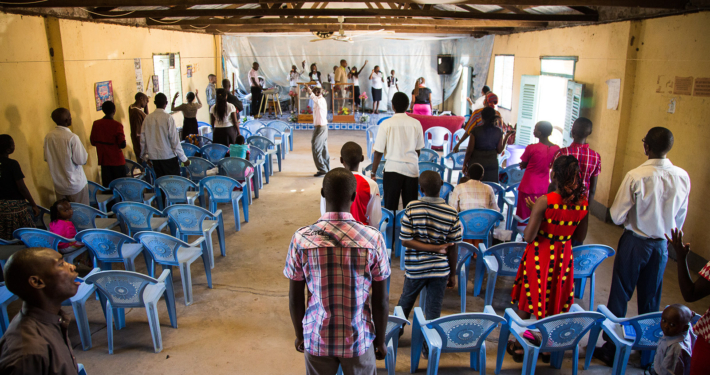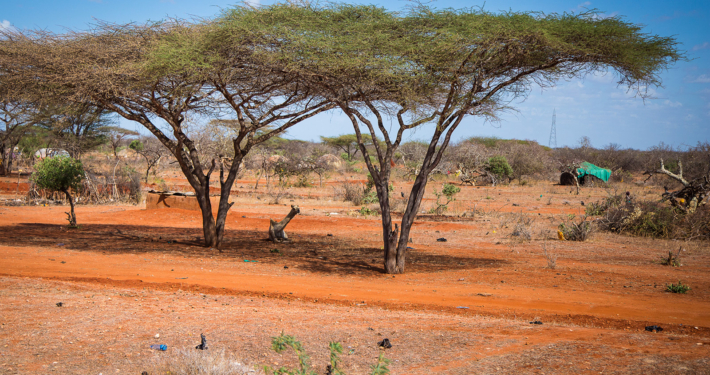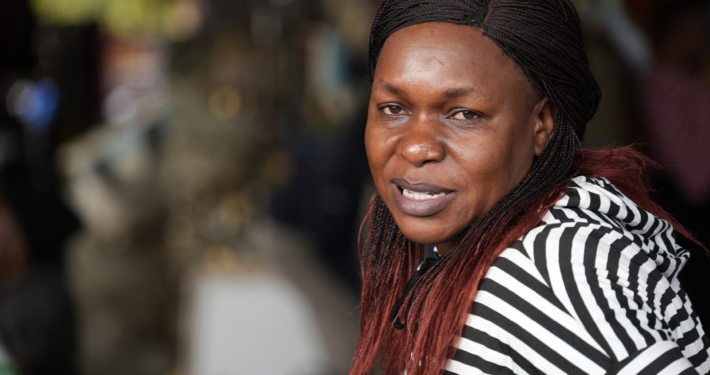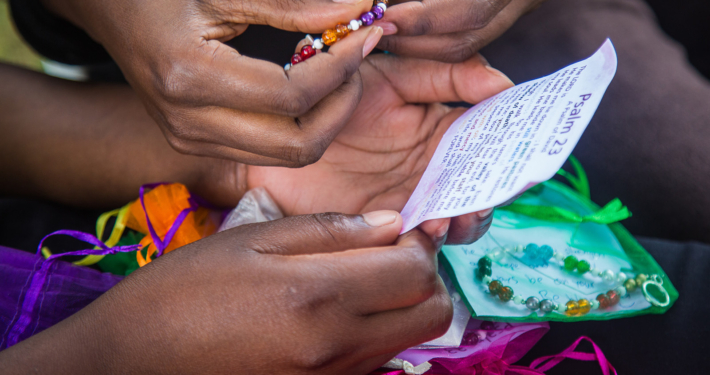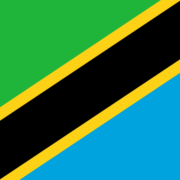Kenya holds regular multiparty elections. However, pervasive corruption and brutality by security forces remain serious problems. The country’s media and civil society sectors are vibrant, even as journalists and human rights defenders remain vulnerable to restrictive laws and intimidation. (Freedom House)
Since the nation’s founding in 1964, tribal-based politics have continued to serve as the dominant political trend in the country. However, the new Constitution in 2010, the peaceful elections of March 2013 when Uhuru Kenyatta (the son of Kenya’s first president) won the vote for the presidential office, and the devolution of power into a county system, have all helped mitigate some of the tension arising from the ethno-based politics.
Against a backdrop of serious socio-economic challenges, the increasing incursions of al-Shabaab militants and the general instability in Somalia is a major security concern, particularly in the light of the attacks in 2013 – 2015 in Nairobi and the north-east, especially the attacks on the Westgate shopping mall in September 2013 and Garissa University in April 2015.
Further suspected al-Shabaab attacks were reported in June 2021 as Kenya continued its military operation in Somalia. In June 2021, the USA approved sending special operations troops to collaborate with Kenyan government forces combating al-Shabaab. (The Citizen, 13 June 2021)
On 9 August 2022, Deputy President William Ruto won presidential elections with 50.49% of the vote. Opposition leader Raila Odinga came in second with 48.85%. Odinga rejected the outcome, leaving the Supreme Court to decide the elections. They affirmed Ruto’s win and was satisfied that the conduct of the election and declaration of the results met the requirements of the Constitution. (Source: Carnegie Europe, 6 October 2022)

